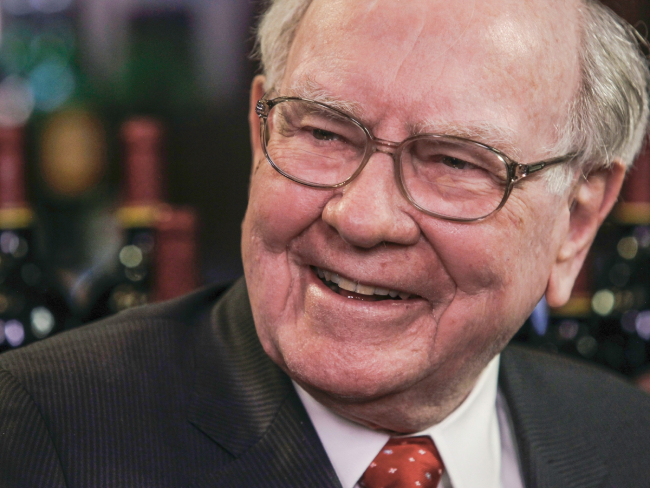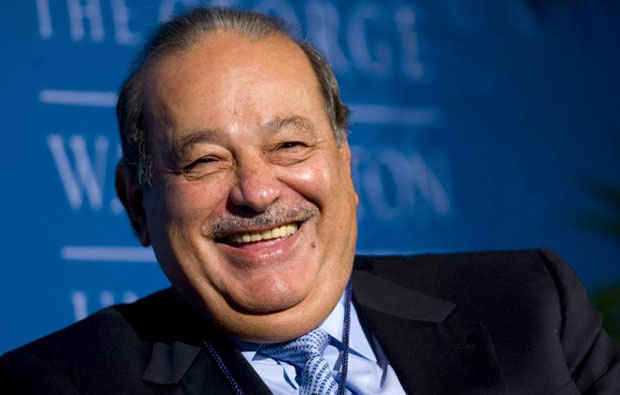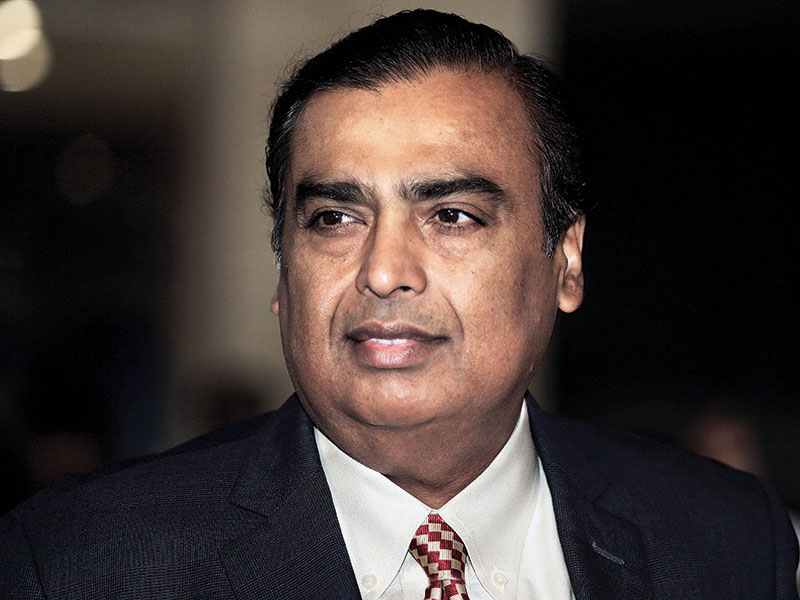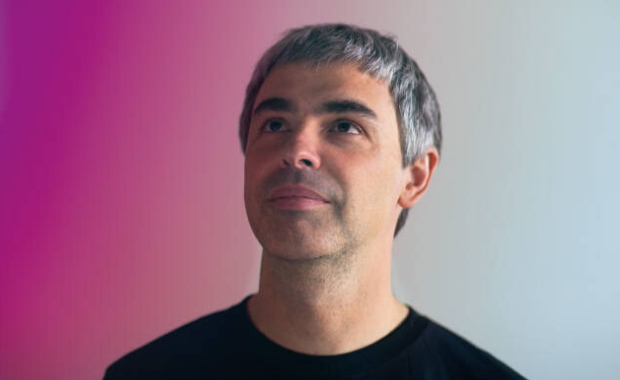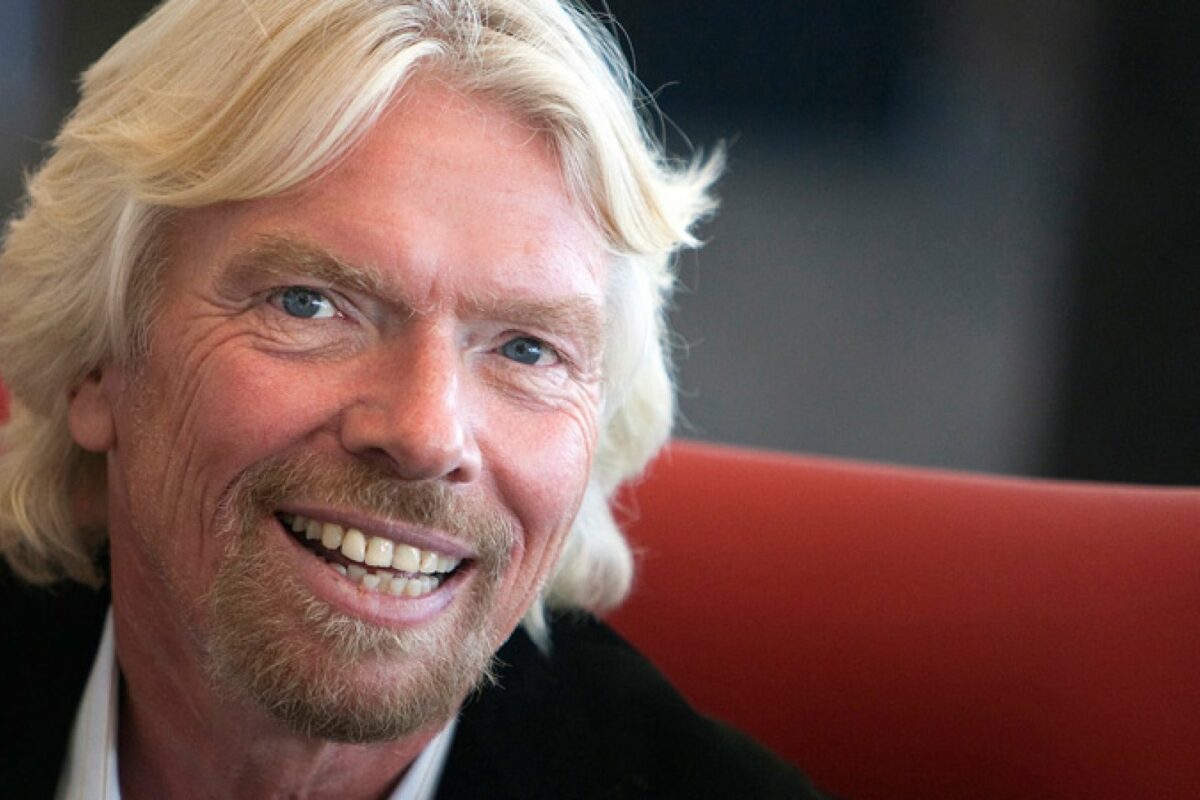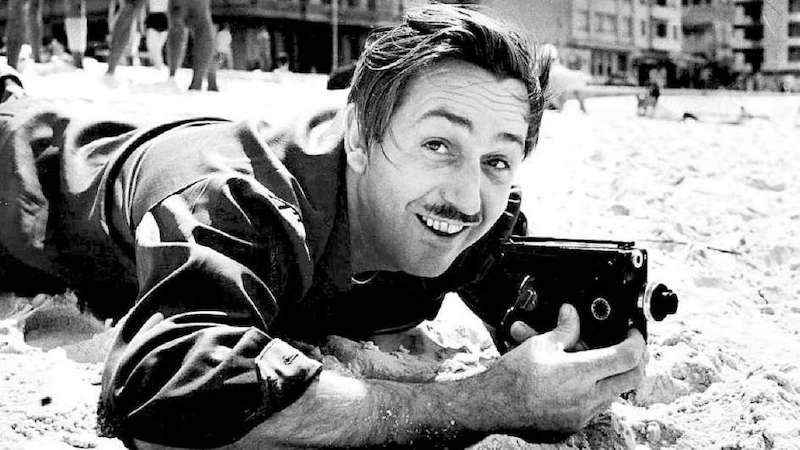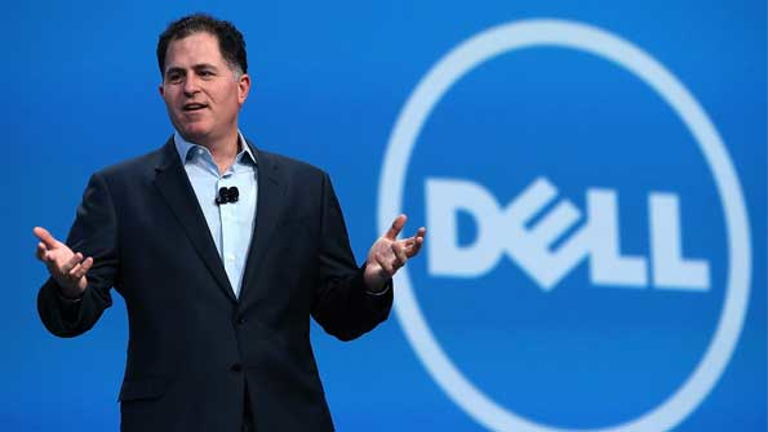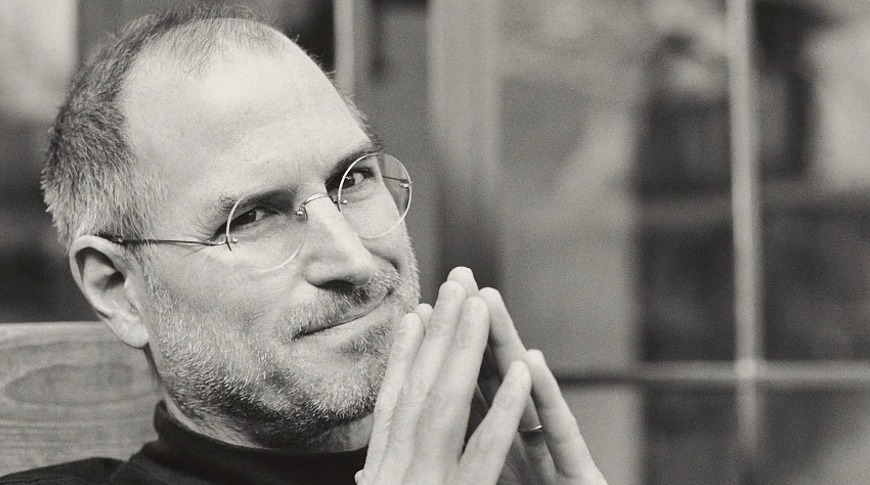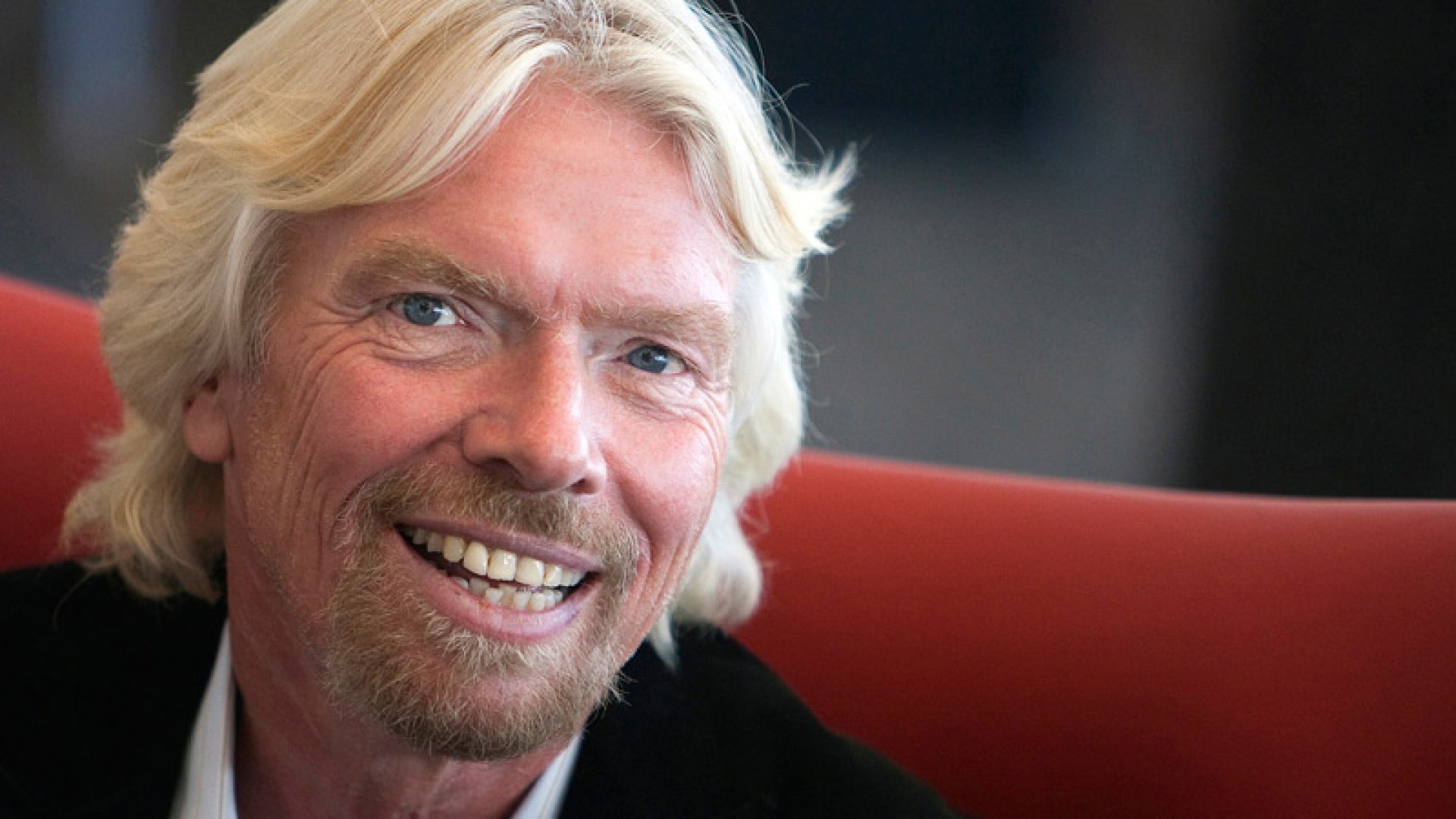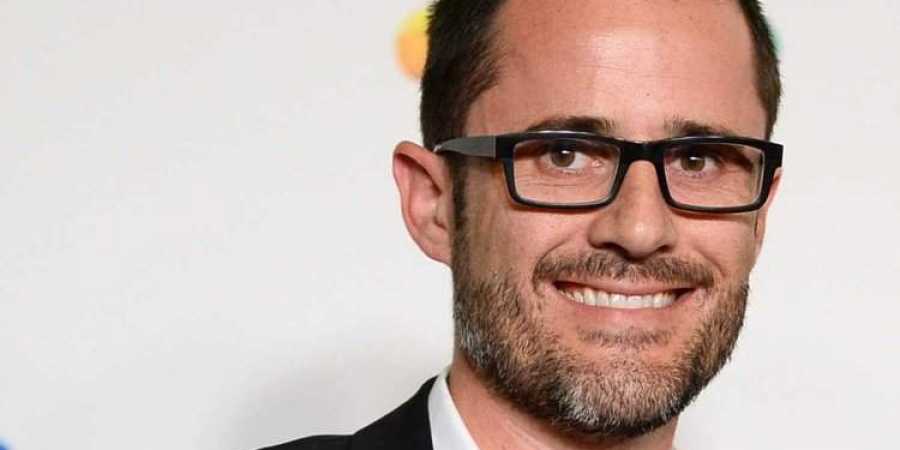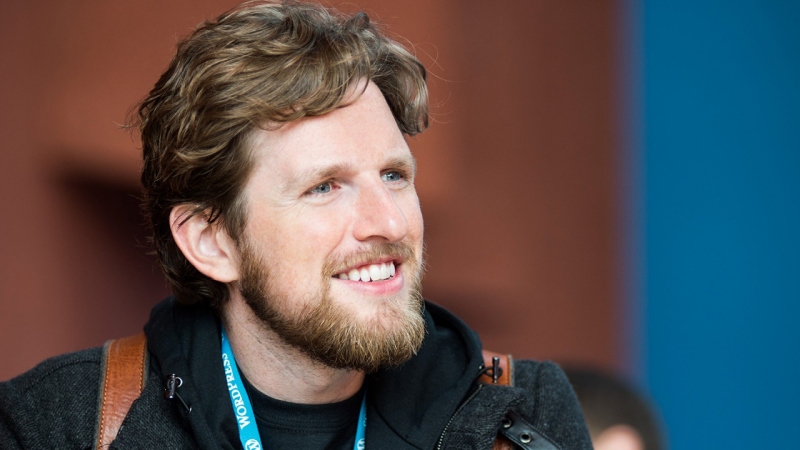“Leadership is not a position or title; it is an action and example.”
“Leadership is not title or position; it is a responsibility.”
You can be the leader in representing a team for a project or present a new idea. It is a responsibility that you carry, and as a leader, you will be accountable for things and decisions you make.
There have been numerous studies on leadership styles and their effectiveness. But, the very basic stands on only two types, people-oriented and task-oriented.
The interplay of these two styles has branched many other forms of leadership styles.
Every style has a different impact on the co-workers and the company in all. To help you understand, I’ll give out a few of the most common leadership styles and their effectiveness.
Top Ten Most Effective Leadership Styles
Each leadership style has its way of making things work.
#1 Autocratic Leadership
Autocratic leadership is also known as Authoritarian. This form of leadership is pretty aggressive. It focuses on gaining control over subordinates. It is a form of leadership that makes you the only one in charge of a department.
This type of leadership allows quick decision-making but discourages creative solutions from subordinates and hurts morale.
It is not flexible, yet it enforces a stern and dutiful environment. Thus, it works well for working conditions like manufacturing and other organizational operations.
Making the decision and taking crucial calls is the most highlighted trait of an autocratic leader. It may look like a dictatorial form, but it can be your greatest asset when you use it.
Such a leader was Helen Gurley Brown, who was the editor-in-chief of the Cosmopolitan. She is a well-known personality as he struggled to get things completed well and on time. The effectiveness of this leadership style helped her to turn a profit in publishing.
#2 Democratic Leadership
Democracy form of leadership is the style of management that involves subordinates in decision-making. It is one of the most effective leadership styles. It is different from the other forms of leadership and also has certain advantages over them.
In a democratic form of leadership, the company gets creativity, tons of opinions, and ideas. It has an open forum for feedback. It gives you a vast range of ideas and a team when you are to decide.
This leadership approach is definitely among the best leadership styles. Also, according to researchers, they say that democratic leadership brings out the best and leads to greater productivity for team members.
Although, there are some downsides to this, like poor decision-making by unskilled people and communication failures.
To make it work efficiently, the leader has to give co-workers a platform to express their knowledge and perception, not feel left out and lose their morale.
Have you ever heard of Mayo Clinic? Let me tell you that this clinic thrives on a democratic leadership style. This healthcare and research center successfully created a collaborative working atmosphere.
Mayo Clinic is a success as peoples’ ideas and opinions were not discouraged. People working here have equal voices.
#3 Laissez-faire Leadership
‘Laissez-faire’ is a French word that means ‘let them do.’ The leadership approach of Laissez-faire is the exact opposite of autocratic leadership.
To make it effective, you need to trust others, track the performance and provide feedback. The leader sets his or her subordinates free and lets them work as they want, with no interference.
This leadership form is like a ‘hands-off’ style.
Leaders using this style need no supervision, which opens the gate to many ideas.
Although, in this leadership style, you can feel the lack of structure that the others offer. It does avoid an autocratic form of leadership, but the manager has to keep track of performances.
Donna Karan, the founder of DKNY jeans and apparel, is well known for her hands-free leadership.
She kept her eyes on profits and followed fashion fads. She trusted her officials on the decision-making, and she routinely checked on the company’s growth.
#4 Coaching Leadership
In a nutshell, the coaching style of leadership is a combination of democratic and laissez-faire.
It is capable of finding out people’s strengths, weaknesses, and potential. In this style, the leader plays a coach’s character, who helps co-workers reach their full potential.
A good leader trains and improves his subordinates deal with performance issues and identifies new skills they can develop.
This style of leadership is a significant investment due to the following reasons:
It takes time to identify the areas of improvement.
Work together to increase efficiency.
Takes time in executing the plans.
This form of leadership enhances one’s quality of performance and improves the team’s performance overall.
Bill Walsh is believed to be the epitome of coaching leadership.
He is a natural coach who is a famous personality renowned for his contribution to a team. He took charge of a disorganized team, strengthened it, and won 5 Super Bowl championships in 14 years.
#5 Transformational Leadership
The transformational leadership approach is all about the big picture—an intellectual simulation of initiating a thriving and openly communicative work culture.
The followers of this approach are intellectual and charismatic.
A transformational leader is a kind of leader who does not pay any heed to the day-to-day details. They have assigned other managers to deal with and delegate these tasks.
To be a transformational leader, you need to set challenging goals. Follow strict deadlines, work with unity in a team to accomplish these pre-determined goals.
An example of a transformational leader can be none other than Lee Iacocca. The chairman of Chrysler Corporation took a company and established it as a profitable business.
In his book, he also stated about the ’10 Cs’.
- Curiosity.
- Creative
- Communicate
- Character
- Conviction
- Charisma
- Competence
- Common sense
- Crisis
These are the 10 Cs that make a transformational leader.
#6 Charismatic Leadership
Charismatic leadership is a style in which the leader is known for their communication skills and persuasiveness. These leaders are precious for almost any organization.
These leaders may not look the same but share most characteristics, like:
-
- They are empathetic and relatable.
- They are great communicators.
- Confident in their approach.
- Motivational.
- Engaging and charming; and
- Very optimistic.
You may find some similarities between charismatic and transformational leadership. However, there is one key difference that puts a straight line between these two styles.
Charismatic leaders depend on their skill set and personality, whereas transformational leaders have to work with unity to change.
Jack Welch, the charismatic leader who became the CEO of General Electric, was the youngest CEO in its history. He made a clear statement to develop good relationships starting with the employees. He would visit every office very often as he looked for opportunities to connect with people to share his leadership perspective.
#7 Bureaucratic Leadership
The bureaucratic form of leadership is among the best leadership styles. It is a system of management in which employees have to follow specific rules. It is primarily used in public sectors.
It depends on the transparent chain of commands, stringent regulations, and confirmation. This form of leadership has majorly six contents, including:
- It has the hierarchy of authority which is the chain of commands with clearly stated jobs or roles for each authority level.
- It features division of work which means they put appropriate
people for specific jobs. - People are selected based on their experience and performance.
- Each employee gets an opportunity to prove their capabilities.
- It has a defined set of rules and regulations, and processes to
nurture its structure. - Individual contributions are not taken into account.
Bureaucratic leadership is very useful for large-scale businesses.
#8 Visionary Leadership
This leadership style focuses on meeting long-term objectives, who sacrifice day-to-day circumstances.
They are persistent and have a tough and determined mindset. These leaders are pretty strategic who love to take risks. These leaders are good communicators and love to work in an organized work environment. Visionary leaders appreciate new ideas and are pretty open-minded.
The visionary leaders see the world differently, which allows them to see the hidden potential of people and quickly find out if something is missing. They guide the employees to see the accurate picture and often unite them to give them direction. These leaders embrace a blank canvas looking for innovation and experimentation and master new skills.
Such a visionary leader is Sara Blakely, the founder, and CEO of Spanx. Spanx is the largest seller of body shapers, apparel, and hosiery.
Most great leaders have a vision for where they want to go. Visionary leaders can transform their vision into reality.
#9 Pacesetter Leadership
Pacesetter leadership style is a well-known style when you need faster results.
It is one of the most effective leadership approaches.
The followers of these leadership styles tend to have high standards with a focus on performance.
Although, it may seem like motivational leadership. Because of a fast-paced working environment, people will not have much time to interact. They expect excellence, self-direction, and good results from a competent group.
Pacesetter leaders are the ones who expect the best from even the poor performers but also show a little empathy towards them. They are pretty straightforward with instructions, and they guide the people who are not performing well.
These leaders seek excellent coordination with their subordinates. Though there are some backdrops to this style of leadership, and it gets too predictable at times.
To get this on a smooth flow, the leaders should often ask for feedback.
This leadership style is not a bad tactic after all, though overdoing it may cause problems.
Jack Welch was a pacesetter leader and also being a charismatic leader.
#10 Servant Leadership
The servant style of leadership works by prioritizing peoples’ needs. The servant approach followers believe that his team can work the best when they feel satisfied.
It is a philosophy-based leadership approach that asks the leader to serve. A servant leader prioritizes the need of his employees and the development of people.
Servant leaders have excellent listening skills. And show great empathy towards people. They are very self-aware and persuasive. Servant leaders have a better conceptualization of their business. And most importantly, they are very committed to their priorities.
Any business organization can choose this, as it is a good way of boosting morale.
It is the same form of leadership that Cheryl Bachelder showcased during her 10-year tenure. She became the CEO of Popeye’s Louisiana Kitchen.
Cheryl and her entire team shone the lights on the owners and prioritized and responded to their needs.
What Is the Best Leadership Style?
With a more task-oriented mindset, we believe autocratic leadership works best for most organizations.
If you asked, what leadership style do most effective leaders use, they are autocratic, democratic, and bureaucratic leadership styles.
It does not matter if you are a born leader or you find yourself growing in management opportunities. Whether you are fearless or take reigns for the sake of it, it does not matter if you have an entrepreneurial mindset or steady in the hours of sustained growth.
Your leadership style will impact the culture, moral, and success aspects of your organization.
And you know, there is a style of leadership that matches every personality and business organization. And to make the leadership process more effective, you need to find a style you are compatible with your character and organization.
If you’re looking to hire a new employee check out this article.



